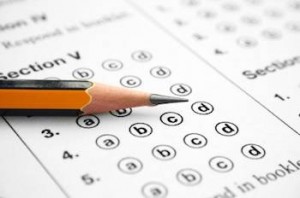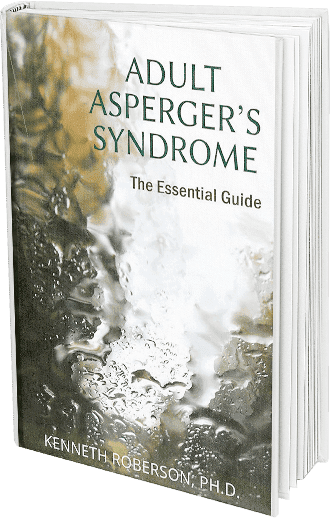
Actually, there are many tests for Autism Spectrum Disorder (ASD – Asperger’s Syndrome). Most are appropriate for children and adolescents and several are used for adults.
The tests for children are either administered by a professional or require parents and teachers to rate children’s behavior. Tests for adults can be done online, in writing or through an interview by an Autism Spectrum Disorder psychologist or other trained professional.
While testing for Autism Spectrum Disorder is possible, a critical question is which tests are accurate? The tests’ ability to detect ASD varies widely. If you are getting assessed or having your child assessed, make it a priority to choose an accurate, reliable test.
Here is a list of tests for children and adults, with comments about their usefulness and accuracy:
Tests for Autism Spectrum Disorder (Aspergers) in Children
Gilliam Asperger’s Disorder Scale (GADS): Suitable for individuals ages 3 to 22, the GADS is noted for its ability to distinguish Asperger’s Syndrome from Autism and other behavioral disorders. GADS can be completed by a parent, teacher or clinician in only 5-10 minutes. This is a highly accurate, reliable test.
Asperger Syndrome Diagnostic Scale (ASDS): Suitable for assessing children and adolescents, this test can be completed in 15 minutes by anyone who knows the individual well. The ASDS examines specific behaviors associated with Aspergers, documents how these behaviors are progressing and suggests goals for change. The ASDS is a valid test for Aspergers.
Childhood Autism Rating Scale (CARS): This test helps determine if children are on the high-functioning end of the Autism Spectrum Disorder. It measures children’s social relationships, social-emotional understanding, emotional regulation, ability to adapt, verbal and non-verbal communication, thinking skills and other features associated with Aspergers.
Autism Spectrum Rating Scales (ASRS): Appropriate for ages 2-18, the ASRS identifies symptoms, behaviors and other features of Autism Spectrum Disorders. Parents and teachers are asked to evaluate how often they observed specific behaviors such as socialization, communication, behavioral rigidity, sensory sensitivity and self-regulation. It takes 20 minutes to complete.
The ASRS is the only test that compares the child with a national sample of children with Autism Spectrum Disorders. The large sample size of the ASRS makes it highly accurate.
Tests for Autism Spectrum Disorder (Aspergers) in Adults
Ritvo Autism Asperger Diagnostic Scale (RAADS): This is an 80-question test that distinguishes those who are on the Autism Spectrum Disorder (Aspergers spectrum) from those who are not. It is completed by the adult and measures empathy, intimacy, range of interests, focus and social anxiety.
The RAADS must be scored and analyzed by an Autism Spectrum Disorder (Aspergers) psychologist or other mental health clinicians.
Aspergers Quotient Test (AQT): This 50-question test is taken online and determines whether an adult has symptoms of autism or Autism Spectrum Disorder (Aspergers). It measures social skills, communication skills, imagination, attention to detail, and tolerance of change.
The AQT is considered a rough indicator of Autism Spectrum Disorderand is not particularly reliable. It should not be used for the purpose of making a formal diagnosis.
Autism Diagnostic Interview (ADI): The ADI provides a thorough assessment of individuals suspected of having autism or Autism Spectrum Disorder. It has proved highly useful for formal diagnosis as well as treatment planning.
To administer the ADI, an Autism psychologist or experienced clinician uses a standardized procedure to interview a parent or adult about the areas of language and communication; social interactions; and restricted, repetitive and stereotyped behaviors and interests.
The Basics of an Autism Spectrum Disorder Diagnosis
Autism Spectrum Disorder is diagnosed when specific criteria are met. This includes:
- Poor social interaction
- Unusual behavior, interests, and activities
- No delay in language development
- No delay in self-help skills
- Curiosity about the environment
Mental health professionals, including an Autism psychologist, take a social, physical, family, behavioral and emotional history. In the case of children, this information is provided by parents and/or teachers while adults are interviewed directly. All relevant records and reports are examined.
The parents or adults may then complete one of the tests described above. In some cases, the person’s intellectual, learning and speech capabilities will also be assessed.
The clinician will talk with a child and possibly observe the child at home and at school. All information is then combined and a determination is made whether the individual meets the criteria for Autism Spectrum Disorder.




